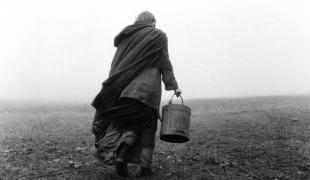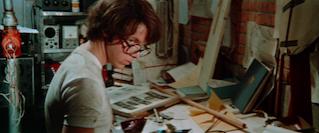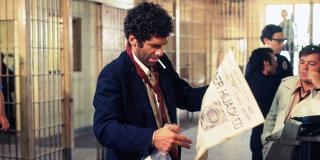I haven't started any kind of project on here in a long while, so I decided to start a ridiculously ambitious one that I'll likely never finish, as opposed to the unambitious ones that I never finished in the past. (At some point I do intend to get back to that Other-People's-Favorite-Movies thread. I can't promise to try, but I'll try to try.) Anyway, in here I'll post extremely half-assed reviews of books of all varieties. The ordering of these reviews will be based on the whim of the moment. Expect updates to be sporadic and inconsequential.
Ratings are out of 10 and are mostly based on dim memories. Links to all the reviews can be found here: http://melvillian.wordpress.com/books/






 Reply With Quote
Reply With Quote








 forum
forum